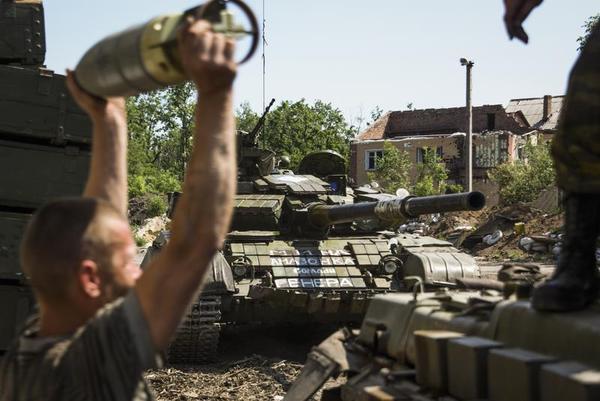As the fall of 2015 unfolds, the Russia-Ukraine crisis is not generating nearly as much news attention as it created throughout most of 2014. But in fact, it is still very serious—which is why the incoming Chairman of the Joint Chiefs of Staff, General Joseph Dunford, told Congress in his recent confirmation hearings in July of this year that no issue concerned him more. The hope that the so-called Minsk II agreement, negotiated last winter, will produce a durable solution seems very unlikely. That plan called for greater autonomy for eastern Ukrainian provinces in return for a verifiable ceasefire, with the lifting of western sanctions on Russia to follow. But Kiev is showing little interest in granting such autonomy and Moscow is showing little interest in reducing its inflammatory behavior towards the conflict. The fighting continues at a relatively steady pace. Meanwhile, the underlying issues that helped provoke the crisis in the first place in late 2013 and early 2014—fundamental disagreement over Ukraine’s future strategic orientation—are no closer to resolution.
How to Resolve the War in Ukraine

Read Full Article »
Comment



